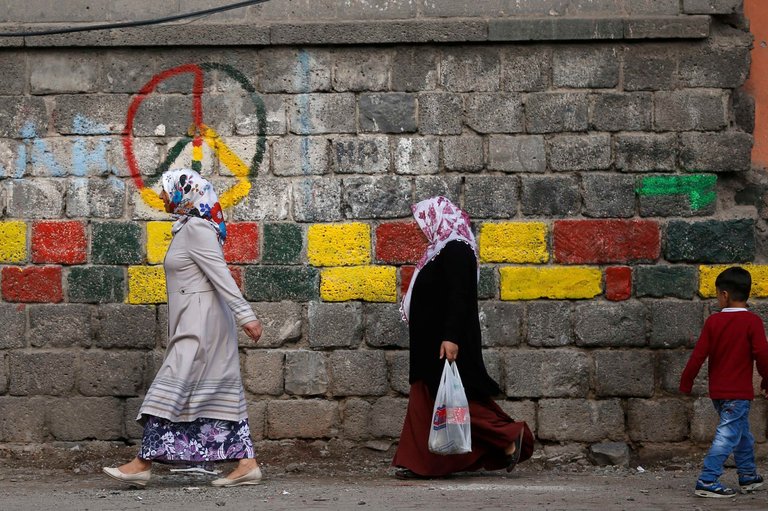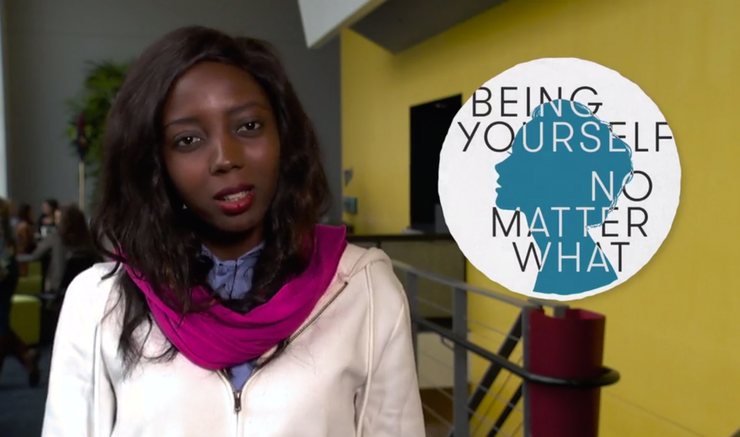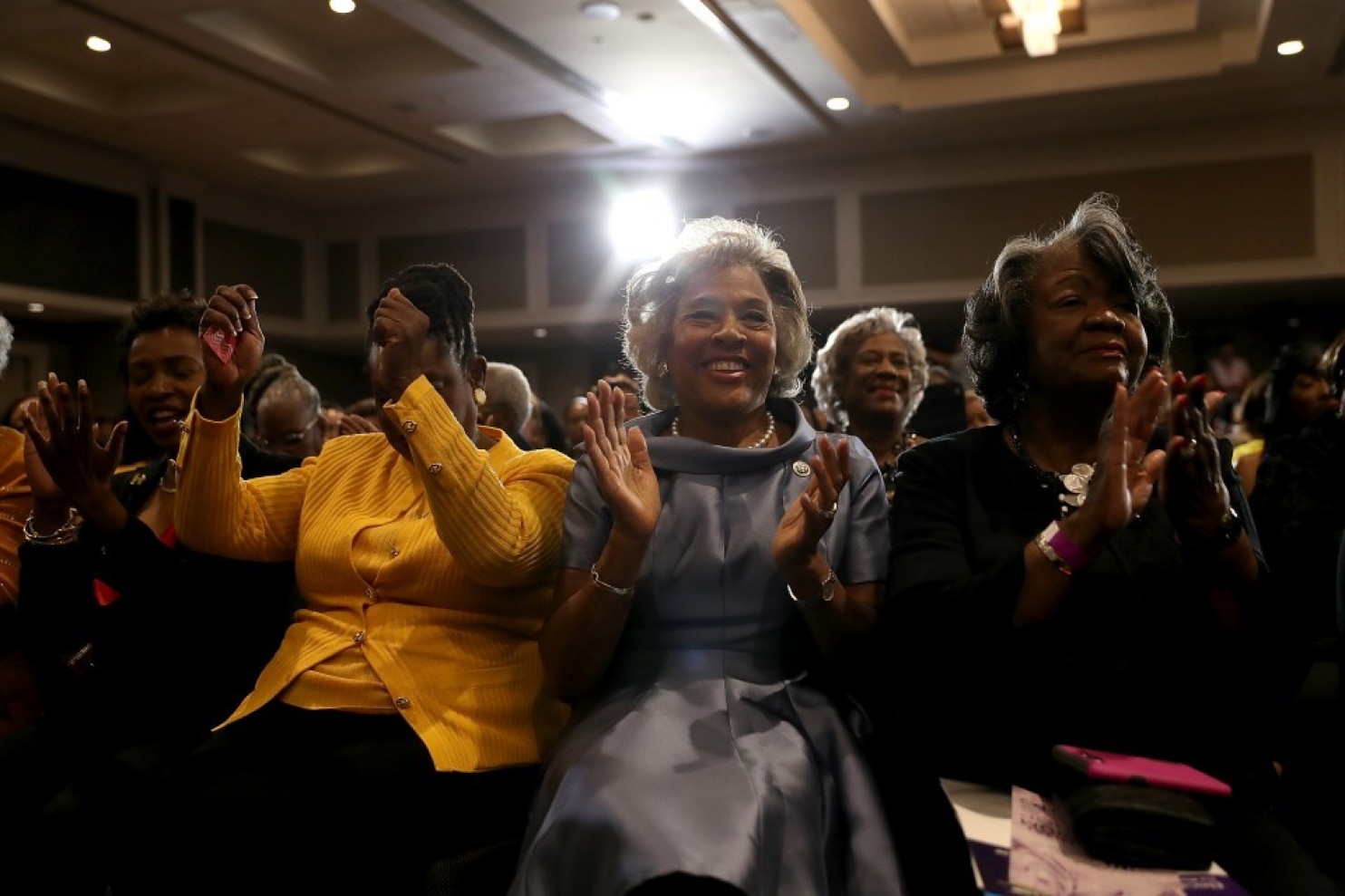With all the stories on the Internet it can be difficult to always stay in the know. To help, we’ve searched the web for interesting pieces of news, videos and tips to help you start off your week on the right foot.
1. Luke Cage: How a black boy became a superhero

Photo/Chris Mugarura/Al Jazeera
Al Jazeera contributor John Metta writes about his experience, growing up in The Projects as a young, black boy.
“Of course, being a hero was new to me,” Metta writes. “I was a child in The Projects. Like any kid, I had dreams of what I wanted to be: an astronaut, a scientist. But the realities of life often descend early upon the the poor and, despite my dreams, I knew that the destiny of a poor kid in The Projects was to remain forever poor and in The Projects. My only real escape was books, and comic books were particularly special to me. But escaping into stories was temporary. After I read the last page, I knew I had to come back to the same reality.
“Until one day when, browsing around the ‘heavily used’ section at the back of the comic book store, I discovered a black superhero. I was forever changed.”
[tweetthis]”Until one day when…I discovered a black superhero. I was forever changed.”[/tweetthis]
2. Crackdown in Turkey Threatens a Haven of Gender Equality Built by Kurds

Graffiti in Diyarbakir, Turkey, in support of the pro-Kurdish H.D.P. party, which has won 50 seats in Turkey’s Parliament and endured a government crackdown.
Photo/ Stoyan Nenov/Reuters
The New York Times international correspondent Rod Nordland writes that in Diyarbakir, Turkey, a region governed by a strong patriarchal society, Kurdish societal norms stand out like a sharp exception.
“A wife who is beaten by her husband can apply to have his salary diverted to her as part of his punishment,” Nordland writes. “Kurdish towns must, by general agreement, have co-mayors, one man, one woman. All members of Parliament have to run on gender-balanced tickets. New hires to municipal and patronage jobs go to women until the work force is half male, half female. In local government, boards and committees have male and female co-executives, with one exception: the Women’s Affairs Department. Any decision-making process regarding women can be made only by women.”
3.
4. TEDWomen Attendees Explain What Feminism Means To Them

Bustle contributor Caitlyn Callegari writes about the personal connection TEDWomen attendees felt towards the word “feminism.”
“In some circles, ‘feminism’ is still somehow looked at as a dirty word,” Callegari writes. “A word to be talked about in hushed tones or treated like Lord Voldemort in the Harry Potter universe. But these women at TEDWomen, of various ages, races, and backgrounds, continue to lift the veil. By explaining all of the positive associations that they feel the word ‘feminism’ brings along with it, they prove that what feminism means to them is far more important than all of those who misconstrue its purpose.”
“In fact, the beauty of these various women detailing what the word means to them is that for each and every person, it’s something somewhat different. But, at the same time, each meaning has a connecting thread of forward social movement.”
[tweetthis]”The greatest takeaway from all of this? Feminism is a thriving and progressing ideal, with no signs of stopping,” Callegari writes.[/tweetthis]
5. My mother is a black immigrant. Today’s feminism doesn’t reflect her experience.

Women listen to Hillary Clinton during the Black Women’s Agenda’s 29th Annual Symposium in September in Washington. Photo/Justin Sullivan/Getty Images
Brooklyn-based writer Shamira Ibrahim writes about her introduction to the idea of feminism and how her relationship with her black, immigrant mother shaped her perception of it.
“My relationship with feminism has never been merely a distillation of theory in exclusively academic or intellectual spaces,” Ibrahim writes. “It has always been informed by my lived experiences as a black woman, as well as the experiences of the women who have surrounded me over my lifetime.”
…
“I was raised by a woman whose life course was initially dictated by men, but who ended up having to learn a new language and raise two children nearly alone. The struggles she experienced while obtaining her own autonomy in a foreign country served as the bedrock of her approach in raising me, her oldest daughter. For my mother, being able to put money in her own bank account and survive on her own merit gave her both the means and the confidence to be able to make choices for herself and her children, ultimately separating herself from a toxic and abusive marriage centered on a lack of financial independence.”
[tweetthis]altM’s weekly roundup of news[/tweetthis]
This list was curated by Kaitlin Montgomery, altM News Editor


















